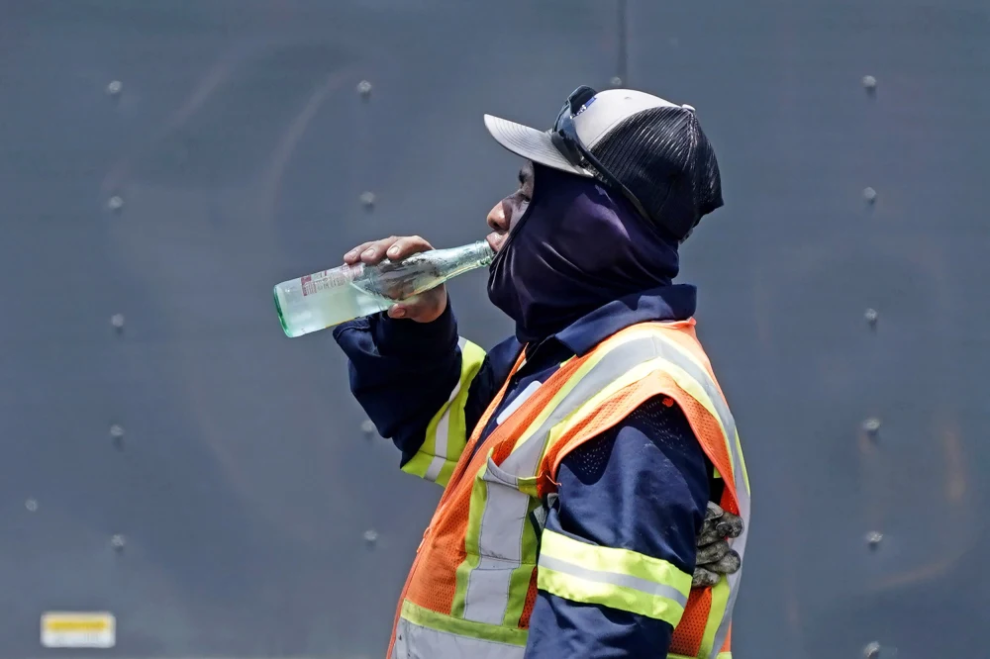Parts of the South, especially Texas, remain in the midst of a record-breaking brutal, long-duration heat wave that is showing no sign of letting up.
On Wednesday, six all-time heat records were broken or tied in Texas. The records included a blistering 115–degree reading in Del Rio and 116 degrees in Cotulla.
For places like San Angelo (hitting 114 degrees) and Kingsville (111 degrees), all-time record highs were tied.
On Thursday, heat alerts remained in effect for 18 million people across much of Texas, parts of New Mexico and a small part of Oklahoma.
Metro areas under these alerts include Tulsa, Oklahoma; Roswell, New Mexico; El Paso, Texas; Austin, Texas; Corpus Christi, Texas; Houston; and San Antonio.
Across these areas, highs in the 90s to near 100 combined with high humidity will lead to heat index values above 110 degrees once again. In some cases, the heat index values could be as high as 120 degrees.
For Houston, the maximum heat index through the weekend will feel as hot as 109 degrees. Farther south, for areas like Corpus Christi, the maximum heat index through Sunday could reach an astonishing 119 degrees.
In addition to the heat indices being suffocating, they have also been record-setting.
On Tuesday, Dallas tied its hottest heat index on record, soaring to 117. The last time this happened was 1980.
San Antonio felt like 116 Tuesday, which set a new record for highest heat index. By the time Tuesday was over, the Alamo City had set another record: for most hours with a heat index of 110 degrees or hotter, at more than 15 hours.
While Texas is no stranger to excessive heat during the summer, this is a significant heat event for the state, especially for the month of June.
According to the Weather Prediction Center’s Alex Lamers, if the current forecast temperatures come to fruition, this could be the hottest two-week stretch on record for Del Rio and Laredo. The high heat is forecast to last into July.
Climate change is increasing the odds of Texas seeing longer, more frequent and intense heat waves.
Climate Central, a nonprofit science communication organization, has a tool called the Climate Shift Index that estimates the influence of climate change on temperatures.
For Thursday’s forecast highs across southern Texas, the CSI reveals index levels of 3, 4 and 5 on its 0-5 scale. That equates to the background warming due to climate change making the extreme temperatures three, four and five times as likely as they otherwise would be if baseline temperatures weren’t starting warmer.
Source : NBCNews











